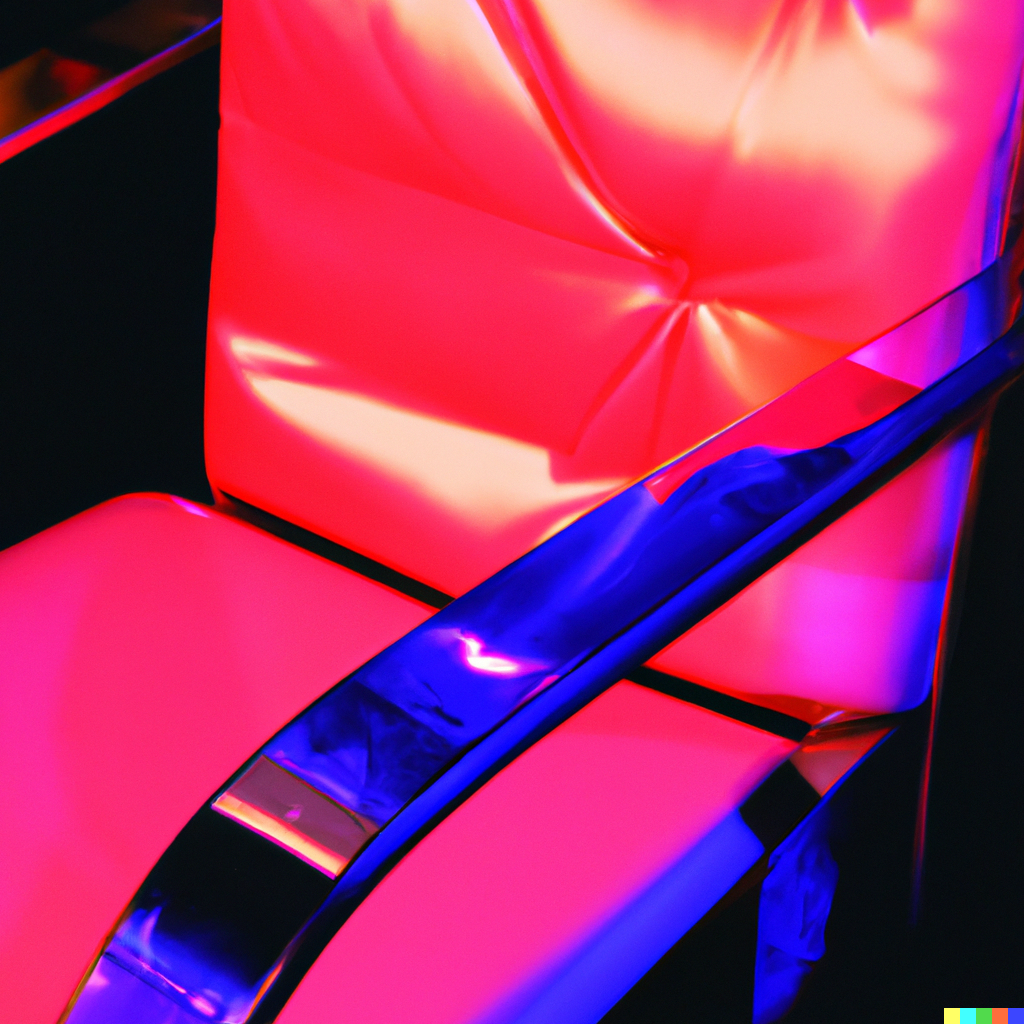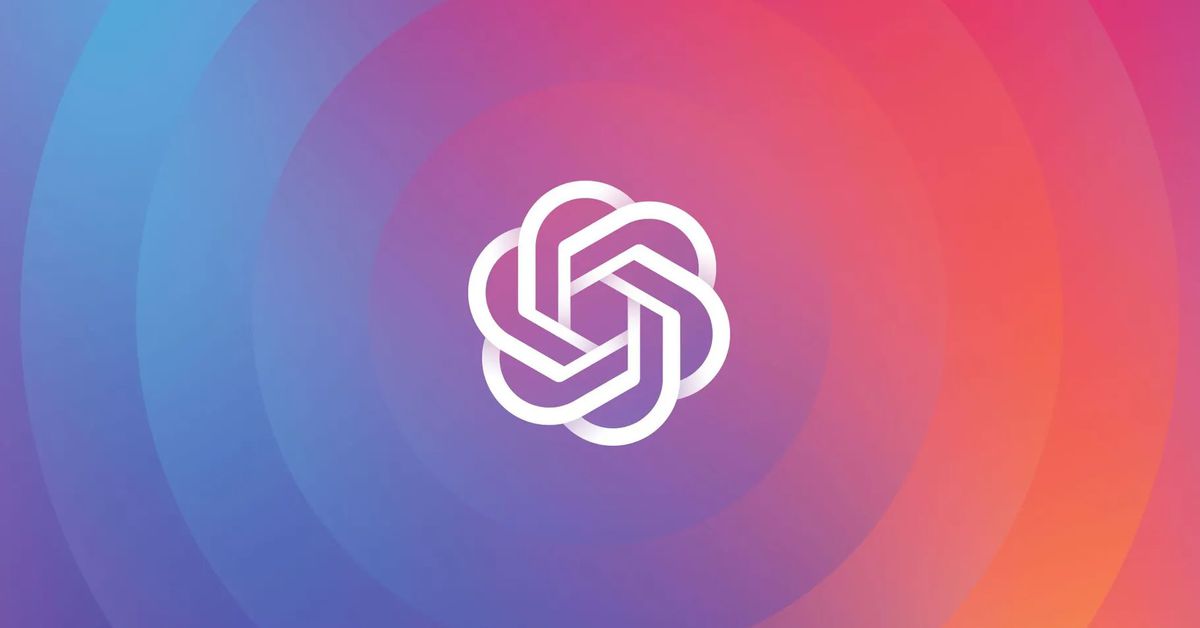OpenAI has publicly responded to a copyright lawsuit by The New York Times, calling the case “without merit” and saying it still hoped for a partnership with the media outlet.
In a blog post, OpenAI said the Times “is not telling the full story.” It took particular issue with claims that its ChatGPT AI tool reproduced Times stories verbatim, arguing that the Times had manipulated prompts to include regurgitated excerpts of articles. “Even when using such prompts, our models don’t typically behave the way The New York Times insinuates, which suggests they either instructed the model to regurgitate or cherry-picked their examples from many attempts,” OpenAI said.
OpenAI claims it’s attempted to reduce regurgitation from its large language models and that the Times refused to share examples of this reproduction before filing the lawsuit. It said the verbatim examples “appear to be from year-old articles that have proliferated on multiple third-party websites.” The company did admit that it took down a ChatGPT feature, called Browse, that unintentionally reproduced content.



They might look down upon that but I doubt they’ll rule against NYT entirely. The AI isn’t a separate agent from OpenAI either. If the AI infringes on copyright, then so does OpenAI.
Copyright applies to reproduction of a work so if they build any machine that is capable of doing that (they did) then they are liable for it.
Seems like the solution here is to train data to not output copyrighted works and to maybe train a sub-system to detect it and stop the main chatbot from responding with it.
That is for sure not the case. The modern world is bursting with machines capable of reproducing copyrighted works, and their manufacturers are not liable for copyright violations carried out by users of those machines. You’re using at least once of those machines to read this comment. This stuff was decided around the time VCRs were invented.
Sorry, the unlicensed reproduction of those works via machine. Missed a word but it’s important. Most machines do not reproduce works in unlicensed ways, especially not by themselves. Then we talk users. Yes, if a user utilizes a machine to reproduce a work, it’s on the user. However, the machine doesn’t usually produce the copyrighted work itself because that production is illegal. For VCR, it’s fine to make a tv recorder because the VCR itself doesn’t violate copyright, the user does via its inputs. If the NYT input its own material and then received it, obviously fine. If it didn’t though, that’s illegal reproduction.
So here I expect the court will say that OpenAI has no right to reproduce the work in full or in amounts not covered by fair use and must take measures to prevent the reproduction of irrelevant portions of articles. However, they’ll likely be able to train their AI off of publicly available data so long as they don’t violate anyone’s TOS.